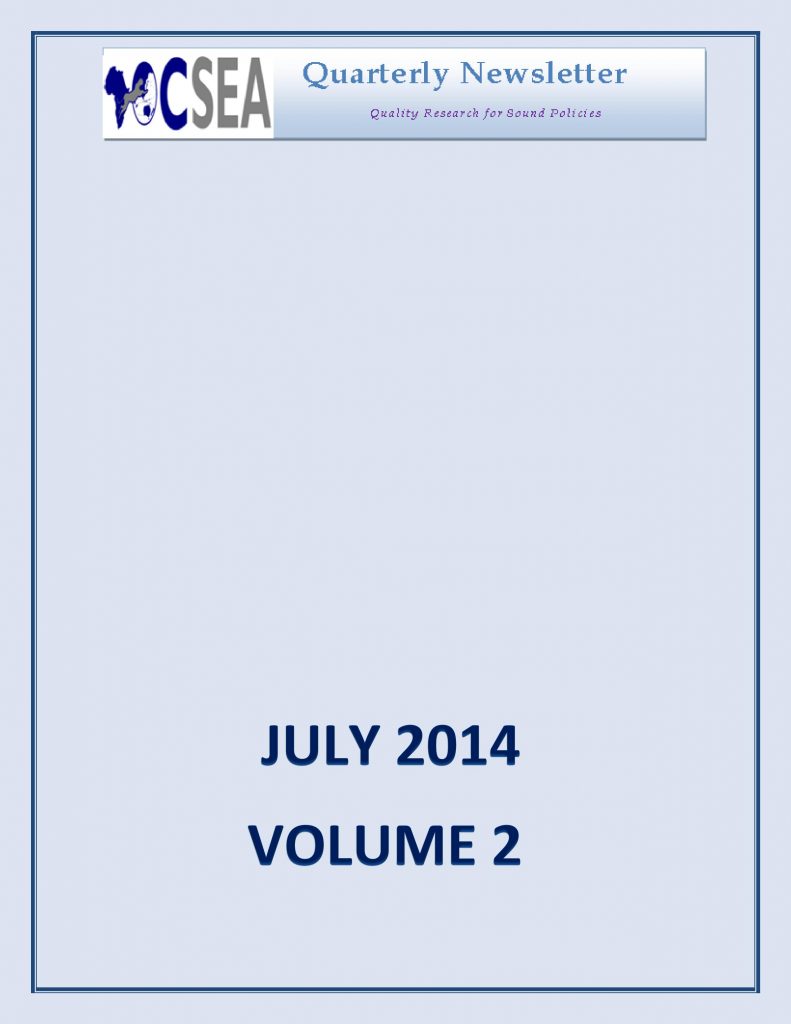Newsletters
Related
Nigeria Economic Update (Issue 5)
The Naira continued to depreciate in the
review week. At the parallel market, naira exchanged for N498/$ on January 27,
2017 and N500/$ on February 3, 2017. Despite the weekly sales of forex to BDCs and
the significant improvements in the external reserves, the naira has continued
to lose value to other currencies. The pressure on the naira has been triggered
by escalating scarcity of forex in the spot market, likely due to
forex hoarding. However, in the preceding week, the CBN sold $660 million in forwards
contract in an attempt to manage liquidity and stabilize the naira.
In the face of growing speculation in the parallel market, the monetary
authority should institute mechanisms that would discourage excessive forex
hoarding among licensed BDC operators. An initiative that monitors transaction
dealings in the parallel market would go a long way in detecting erring BDC
operators.
Achieving Inclusive Growth Through Pro-poor Spending
The
paper examines if the nature of the economic growth in Nigeria is inclusive
(Pro-poor) or exclusive (pro-rich) and recommends ways to achieve inclusive
growth with emphasis on Pro-poor spending.
Nigeria Economic Update (Issue 41)
The
naira continued its downward trajectory in the review week. Specifically, naira
depreciated significantly at the parallel segment by 3.5 percent to a record
low of N440/$ on September 23, 2016. Notably, this was driven by
the worsening liquidity constraints at the interbank market which left the
excess forex demand to be sourced at the parallel market, and thus exerted
downward pressure on the naira. The naira is likely to further
weaken given that most of the liquidity constraints are exogenously determined
and thus forex supply will likely remain subdued by its demand.

